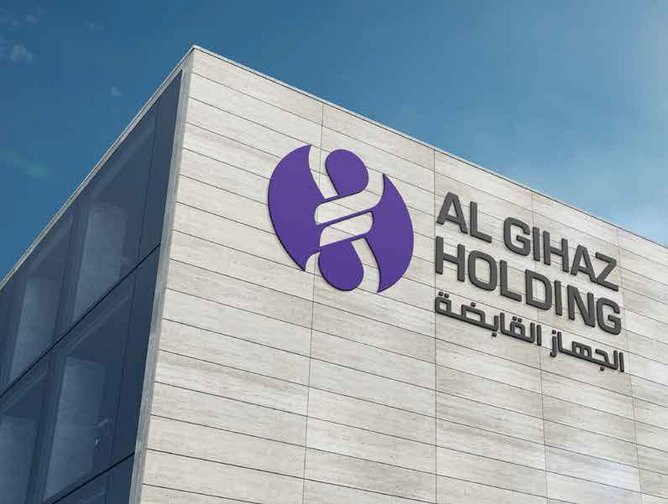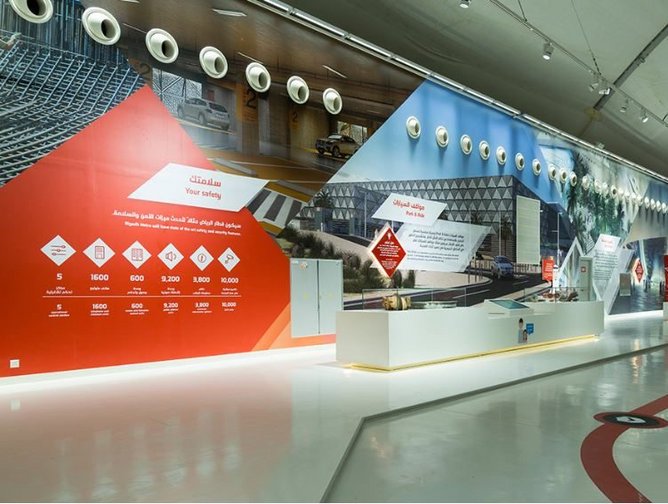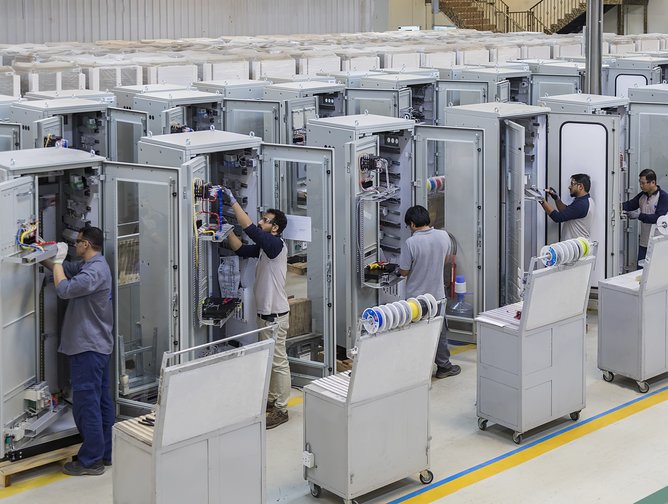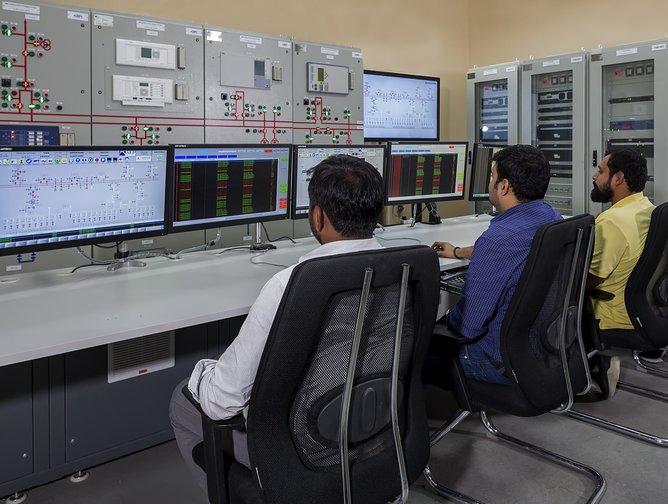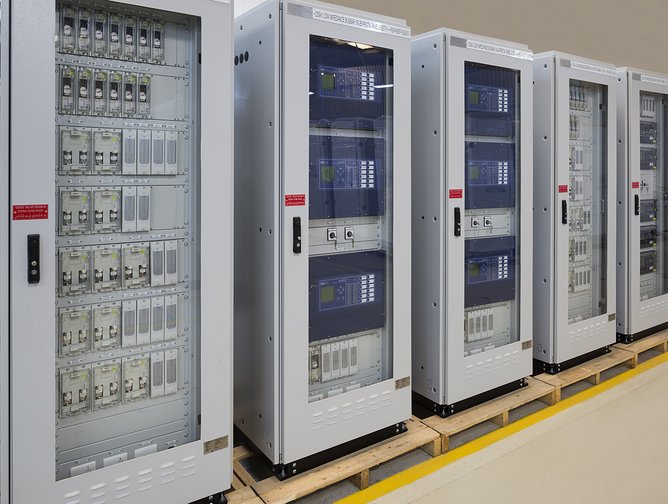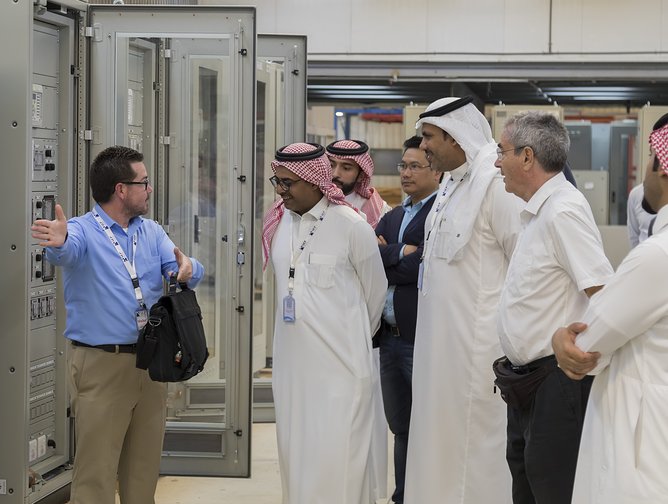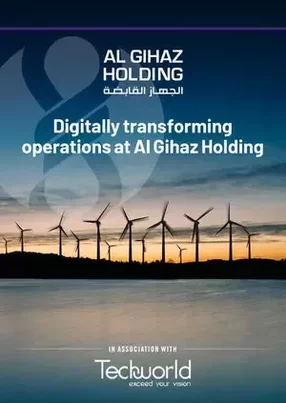The operational digital transformation of Al Gihaz Holding
Saudi Arabia’s Al Gihaz Holding incorporates a group of companies in different domains, from power solutions contracting/manufacturing and communications, through to security solutions and creative design. The group is actively diversifying and acquiring more businesses to adapt to economic changes in the region.
Digital transformation at Al Gihaz informs – and is informed by – that changing operating model, as CIO Fathi Mughrabi explains: “Before, the company was dependent on projects coming from big companies like the Saudi Electricity Company, Aramco and others. We were not concentrating on marketing and business development. Usually, we were approached by the customer. Now, we are going to the customer through different channels and trying to understand and formalise the requirements to form new projects.”
This ethos manifests in the three pillars constituting the transformation. The changing approach to customer experience serves as the first, while Mughrabi explains the other two: “Another is the transformation of operational processes. Our earlier processes were semi-manual or partially automated. Now we use technology and industrial best practice in addition to automation. Third is the business model transformation. Our competitors are benefiting from the new disruptive technologies introduced in the market by changing their offerings. We are working towards being a leader in the market, so we need to change the way the organisation's products and services are being offered.”
Opportunities for digital transformation to make a difference have come in different areas. “Digital transformation is a direction for the whole company and is sponsored by top management,” says Mughrabi. “We are looking to enhance performance, minimise costs and improve speed and accuracy. In addition, we are enhancing our offerings to customers. We need to be ahead of others, introducing new digital products and new services.”
Of particular importance, he says, has been making better use of data. “We are working on introducing dashboards and advanced reports to make decision-making richer and accurate. We would evaluate data through statistics, trend analysis, forecasts, and so on. For example, we have projects in progress that require data collection and data analysis in order to give a 360 degree view of the project. We have multiple systems and solutions that generate project data, which will then be compiled to generate more useful information. Data collection and analysis, therefore, is something that we are focusing on. It’s about using more advanced, intelligent solutions to get more from the data that we have – because we consider data to be a company asset that will help management to make the right decisions and steer the organisation towards a better future.”
One area of focus has been on migrating our legacy systems to cloud solutions. “We know that cloud computing is becoming an industry standard for business solutions, and we know that there are many technologies that can give us a competitive edge over others, thanks to their agility, performance, flexibility and the engagement model,” says Mughrabi. Al Gihaz has taken full advantage of these emergent technologies, alighting on an integrated suite from Oracle. “We are currently in the go-live stage for implementing Oracle Fusion, that includes solutions for human capital management, finance, supply chain management (including procurement and inventory), and planning and budgeting. It also covers projects, customer experience and maintenance. In addition to this, we are enhancing our project management through integration with Primavera, project management software that’s now part of the Oracle suite.”
Other expert partners are helping Al Gihaz deliver on its digital transformation. “We are also utilising Microsoft technologies to enhance internal processes and performance,” says Mughrabi. We shifted from an on-premise solution to Office 365, and we are working on making use of all the features available there.”
Amid this transformation, Mughrabi sees the role of the CIO as one necessitating proactivity. “The traditional CIO and IT strategy usually starts with the business direction and objectives,” he says. “After that, IT is aligned to enable the business to achieve its objectives. The fourth industrial revolution has brought disruptive technologies that affect and threaten business existence. This is game changing. I believe the new CIO should be developing a digital transformation model, researching new technologies and how they're affecting the core business of the organisation, in order to sustain success in the next phase of digital transformation.”
As for the future, Al Gihaz is looking forward to reaping the rewards of digital transformation. “The next phase will be focusing on stabilizing and utilising of the new solutions, so that we can realise the return on investment from what we have done,” says Mughrabi. “Then we will be going into business intelligence where the data generated from those solutions can help the management to take the right decision through accurate and timely presented reports and dashboards. As part of our transformation, Al Gihaz is also diversifying the products it is offering to the market. We’ve started on renewable energy with solar, and I believe there are other renewable energy initiatives that could be introduced like wind and other sources, in addition to smart solutions.”
